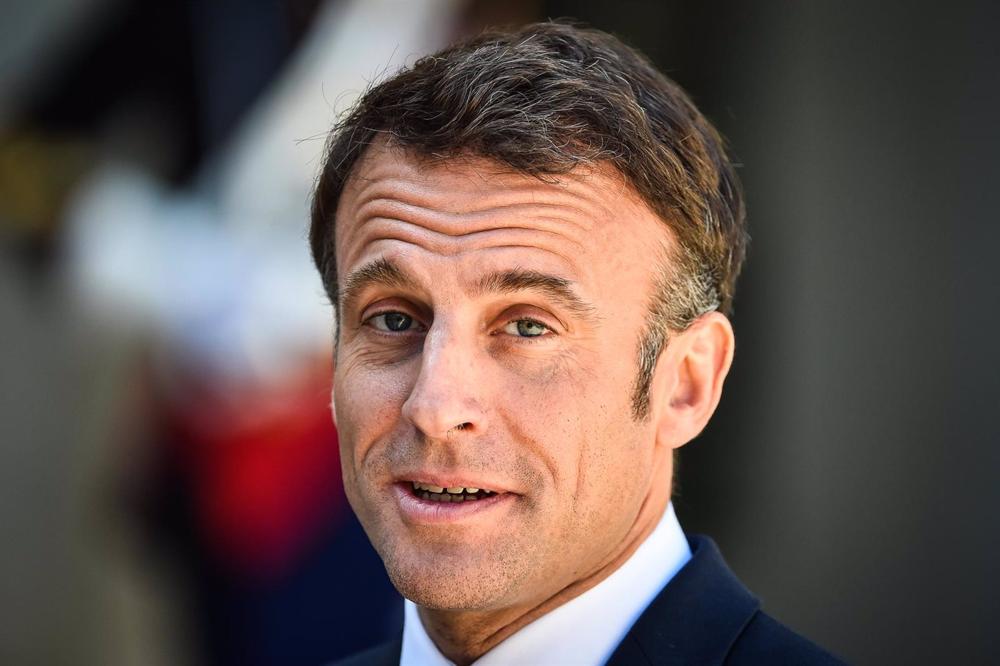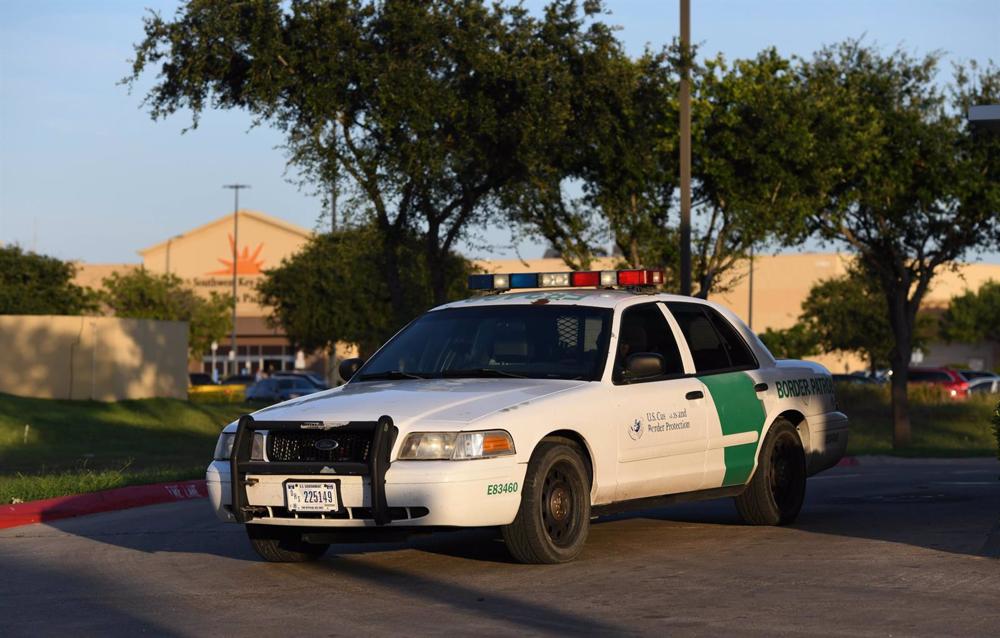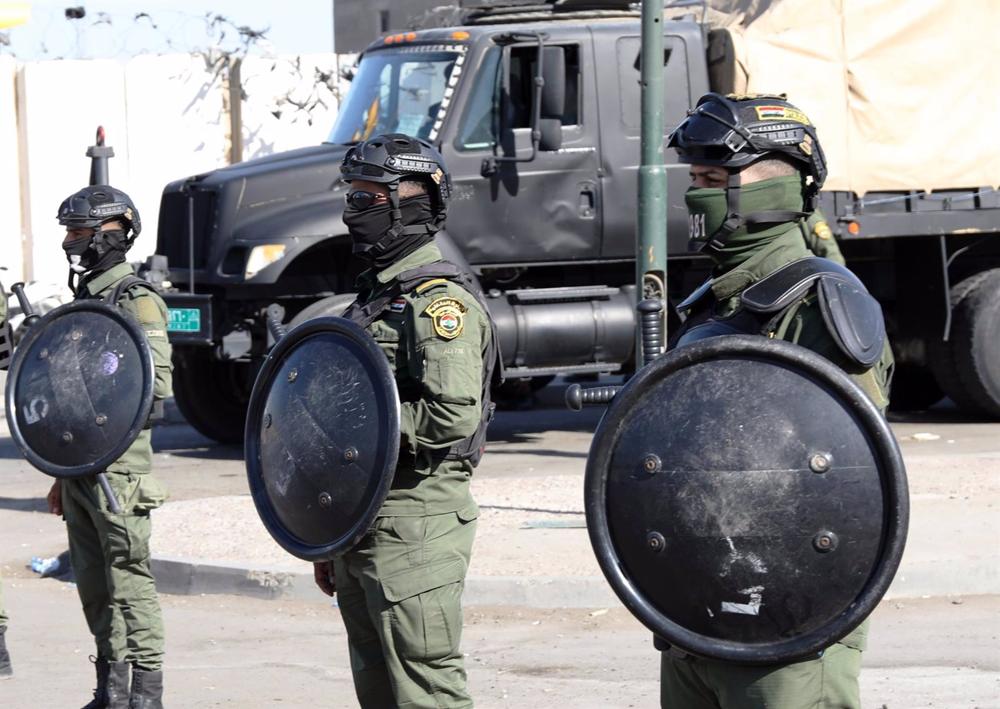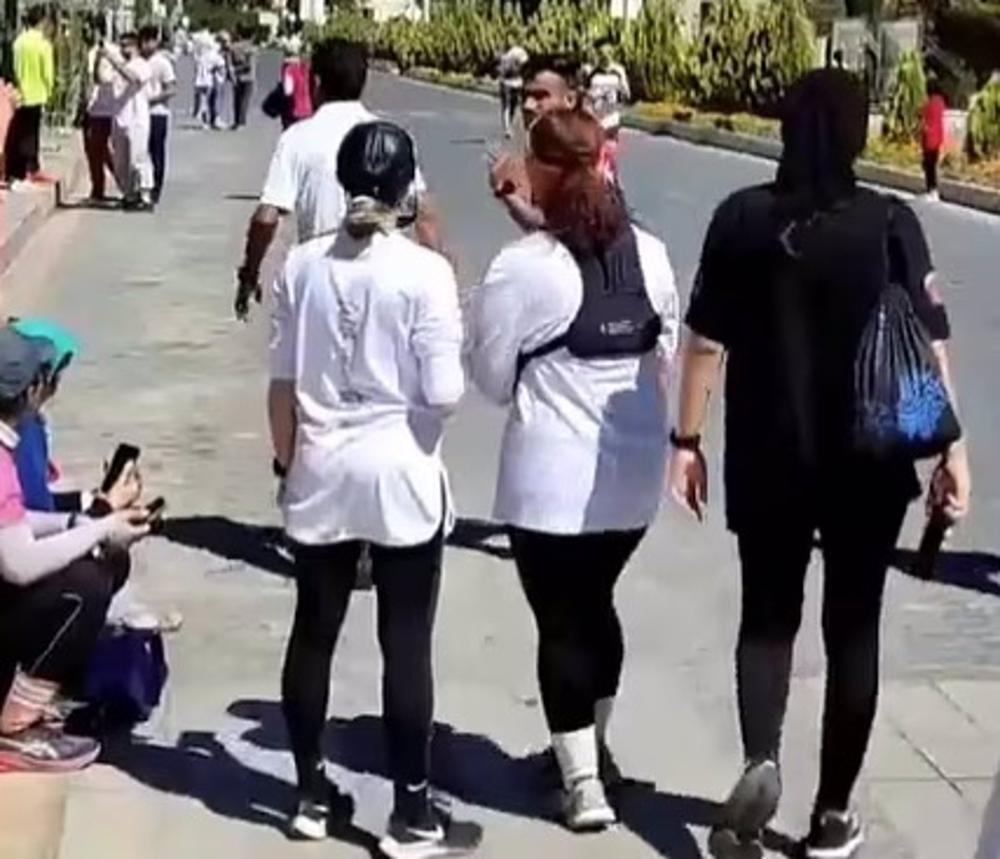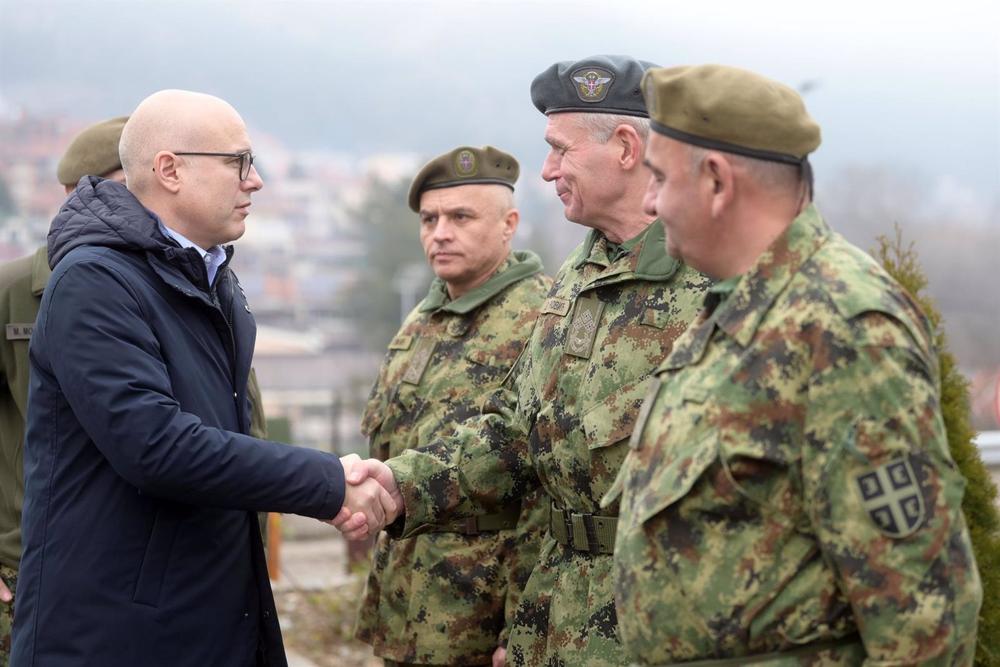
Serbia’s Defense Ministry has reported on Monday night that Serbian President Aleksandar Vucic has ordered the country’s Army to be on ‘high alert’ following the escalation of tensions in Kosovo.
Serbian Defense Minister Milos Vucevic has indicated that the president, «as commander-in-chief, has tonight ordered the Serbian Armed Forces to be at the highest level of combat readiness.»
«That is, readiness at the level of the use of the Armed Forces,» Vucevic added, pointing to the «armed potential» of the Army, in statements to the Tanjug news agency.
Hours earlier, the country’s president had stated that his government would take «measures to protect» the Serbs after combat readiness was increased in Pristina.
«We are doing everything possible to preserve peace and stability. Unfortunately, they were not even interested in listening to them,» Vucic said, after criticizing the Kosovo authorities for preventing the entry of the patriarch of the Serbian Orthodox Church on Monday.
Serbia asked NATO in mid-December to deploy 1,000 Serbian security personnel in Kosovo, an unprecedented request, based on a UN resolution; however, Vucic said he expected a negative response from the North Atlantic Alliance.
NATO’s mission in Kosovo, KFOR, which has these security powers, has already increased its presence in the area, especially at the Jarinje crossing, bordering Serbia.
The latest episode in this long-running conflict began in November, when the Belgrade-friendly Srpska Lista (Serbian List) party in Kosovo declared its total and complete renunciation of local elections, where the mayors of four Serb-majority municipalities were scheduled to be elected.
After several nights of violent incidents that have left at least one Kosovo Police officer wounded by alleged Serb gunfire, the situation finally escalated with the arrest of a Kosovo Serb police officer, part of the resigned officers, which provoked the uprising of the population in the area with barricades that paralyzed the transit through the territory.
The Kosovo Police decided to temporarily assume control of the Jarinje and Brnjak border crossings while the EU mission in Kosovo, EULEX, denounced having been the victim of an attack with a stun grenade against one of its patrols, fortunately without regrettable victims.
The final straw that broke the camel’s back was the submission of Kosovo’s application to join the European Union. As of today, five EU member states, including Spain, do not recognize the independence of the former Serbian province, so it is not clear how Pristina’s application will be processed, a step that normally takes months in the Council and in this case could be a more complicated process.
Source: (EUROPA PRESS)
